I'd like to test a gRPC service written in Go. The example I'm using is the Hello World server example from the grpc-go repo.
The protobuf definition is as follows:
syntax = "proto3";
package helloworld;
// The greeting service definition.
service Greeter {
// Sends a greeting
rpc SayHello (HelloRequest) returns (HelloReply) {}
}
// The request message containing the user's name.
message HelloRequest {
string name = 1;
}
// The response message containing the greetings
message HelloReply {
string message = 1;
}
And the type in the greeter_server main is:
// server is used to implement helloworld.GreeterServer.
type server struct{}
// SayHello implements helloworld.GreeterServer
func (s *server) SayHello(ctx context.Context, in *pb.HelloRequest) (*pb.HelloReply, error) {
return &pb.HelloReply{Message: "Hello " + in.Name}, nil
}
I've looked for examples but I couldn't find any on how to implement tests for a gRPC service in Go.

